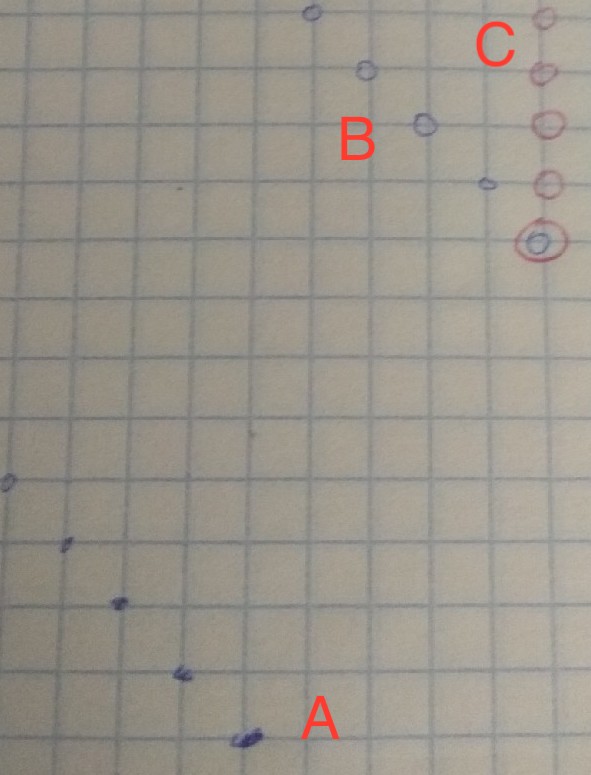Encouraged by David's proof for my earlier MO question, let's consider a similar problem.
I can prove the below equality by computing each of the two sides, directly. That means, there is an algebraic proof. Observe that one of the matrices is symmetric (in fact, Hankel), while the other carries a different structure.
QUESTION. Is there a combinatorial or conceptual reason for this equality? $$\det\left[\binom{x}{i+j+a}\right]_{i,j=1}^n =\det\left[\binom{x+n-i}{n+j+a}\right]_{i,j=1}^n.$$ Here, $a\in\mathbb{Z}^{\geq0}$ and $x$ is an indeterminate.
POSTSCRIPT.
Let me add a $q$-analogue. Denote $(q)_n=(1-q)\cdots(1-q^n)$ and $\binom{n}k_q=\frac{(q)_n}{(q)_k(q)_{n-k}}$. Then, $$\det\left[q^{ij}\binom{x}{i+j+a}_q\right]_{i,j=1}^n =\det\left[q^{ij}\binom{x+n-i}{n+j+a}_q\right]_{i,j=1}^n.$$

